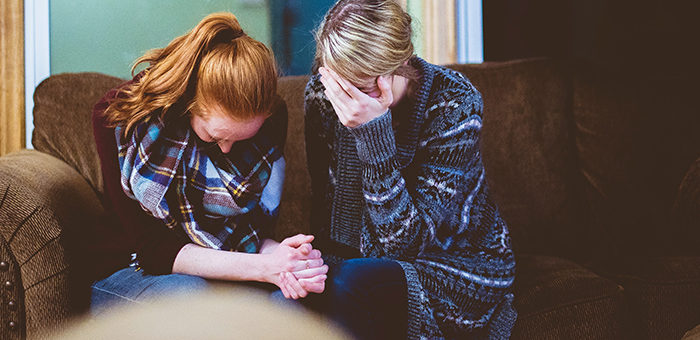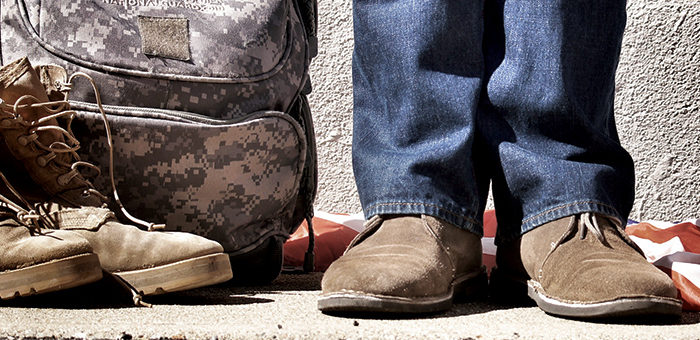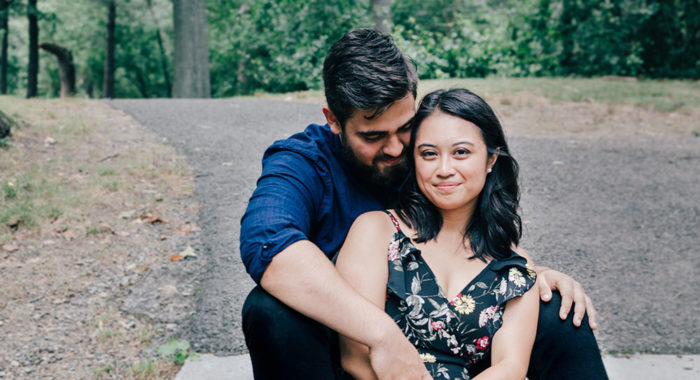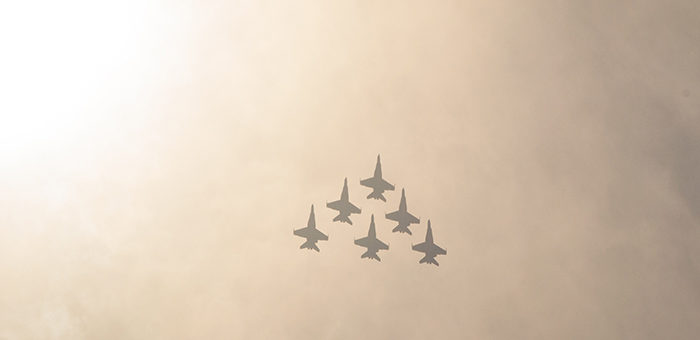My parents came to watch me parachute with the 82nd Airborne Division. For the first time, I heard my father talk about his jump from his burning B-17 bomber and his capture. It was a brutal time. There was little food to eat. The carnage and filth were unforgettable to him. In the years that followed before his death he gave more details about his ordeal, probably because he thought that I could relate with him now that I was in the Army. He was proud of his service in the military, but there were just some things that haunted him.
Although he was discharged from the service after the war and worked until his retirement at age 62, my father was diagnosed with Post Traumatic Stress Disorder (PTSD) when he was 75 years old. There weren’t any physical wounds but my dad came back from war wounded and never really healed. At 75 my father was given a full medical retirement for his PTSD and other war injuries that he had as a POW.
I now look back and see the symptoms of PTSD in my dad’s life and how it affected us as a family. Unexplained and sometimes uncontrollable anger, withdrawal, depression and lack of visible emotions were all part of our home. He wasn’t the only one who suffered from PTSD; we all suffered even though we had never gone to war because his suffering spilled over into our lives.
The lethality of modern warfare now immerses just about everyone in its affects as they serve our military. Although PTSD is a serious, complex wound that cannot be covered totally in this article, here are a few suggestions that may help a military member enter back into healthy family living:
- Honor veterans and try to understand the challenges that they and their families might be going through. Remember to include Reserve and National Guard members.
- Be willing to listen, when/if a veteran is willing to talk. Be a friend even if it is uncomfortable and you don’t know what to say.
- Encourage a struggling service member to get into a PTSD support group at a local VA hospital.
- Most importantly, offer the gospel of grace, forgiveness and peace to those whose PTSD struggle may be with guilt for unspeakable things done and/or experienced.
This article originally appeared in the NAE Insight.



 View All Articles
View All Articles 




